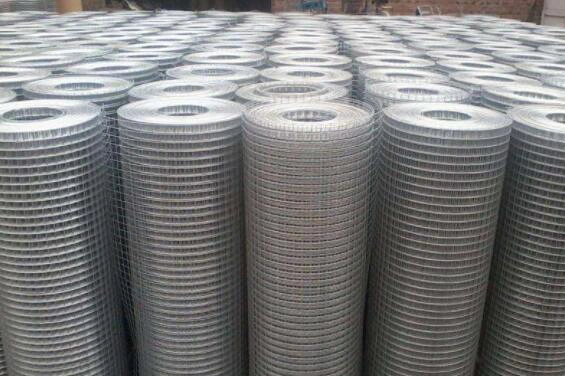

Spiral and ring shank nails offer increased holding power due to their uniquely designed shafts. These are particularly beneficial in applications where wood can expand and contract due to environmental conditions. The spiral or ring design resists withdrawal, making them a popular choice in decking and siding projects. Builders emphasize their utility in outdoor applications due to their firm grip that counters the movements caused by moisture or temperature changes. Brad nails are similar to finishing nails but are typically smaller with thinner shanks. Most commonly used in lightweight trim and molding work, their subtlety makes them less likely to split delicate materials. Brad nails also enter with minimal surface disruption, providing a clean aesthetic that's crucial in detailed woodworking. For projects requiring extra robustness, duplex nails, also known as double-headed nails, are often recommended. Their design allows temporary structures to be constructed with easy dismantling when required. The first head is driven into the wood, while the second remains visible, serving as an anchor for easy removal. Builders often use them in temporary scaffolding or bracing tasks due to their simplicity in use and removal. Collated nails are an innovation in time-efficiency. These nails are linked together in strips, making them compatible with nail guns which significantly speeds up the construction process. They are widely used in large projects where time and labor costs are a paramount concern. However, choosing the right collated nails means considering the tool’s compatibility and the length and material of the nail, ensuring it suits the project's demands. Understanding these various nail types, their applications, and the underlying technical considerations not only enhances construction quality but also bolsters project longevity. Professional builders often emphasize choosing the right type of nail as an assurance of structural reliability and maximizing the sturdiest solutions. Selecting the appropriate nail enhances efficiency, maintains safety standards, and ensures a refined finish across diverse construction projects.

















